Motions Seeking Greater Accountability from SBC Entities Dominate Afternoon Business Session at SBC 2024
Trust appears to be at an all-time low between rank-and-file Southern Baptist messengers and the Convention’s entities. When the SBC Annual Meeting opened up its afternoon business session, multiple motions, almost all on issues of transparency and accountability, came in rapid fire from the messengers at the microphones.
Several resolutions were introduced, including motions calling for financial transparency for the Abuse Reform Implementation Task Force and any other abuse reform-related entities. Another directed the Executive Committee to report expenditures related to legal fees, settlements, or any other money spent on abuse reform.
The theme of financial transparency continued with motions meant to restrict and reveal conflicts of interest in SBC entities, including one prohibiting trustees, board members, or other volunteer oversight positions from being employed by SBC entities for pay. Another related motion directed SBC entities to develop and implement a public conflict of interest policy and disclose any conflicts of interest.
The original time limit was extended to allow further motions, and some of the most dramatic were made during this extra time. An additional motion was made to require the International Mission Board to investigate and report on its policy of requiring COVID-19 vaccines for missionaries. This motion emphasized investigating the effects of the vaccine on missionaries’ health and any potential long-term financial ramifications or exposure as a result.
Then, Tom Ascol stepped up to the microphone and made a motion to outright disband the Ethics and Religious Liberty Commission of the SBC. The ERLC has become one of the most unpopular entities in the SBC, with many conservative Southern Baptists arguing that the ERLC advocates for liberal policy priorities that are either out of step with, or in direct contradiction to, biblical ethics and historic Christian political interests. Tom Ascol’s motion to disband the ERLC came on the heels of a widely-attended lunch event hosted by CBL and Founders Ministries, where Daily Wire reporter Megan Basham provided details on the hundreds of thousands of dollars the ERLC has received from extremely progressive and anti-Christian funding sources over the last decade.
Arguments for and against these motions were not allowed during this time, but some motions will now be referred to to the appropriate committee, and some will return to the floor for debate and a vote.
The clear theme of this business period was a rapidly growing desire of average Southern Baptists for greater insight into what is being done with SBC funds and to ensure that personnel choices are above board.
Of particular note was the fact that the SBCEC refused to allow Southern Baptists to vote on a financial transparency amendment from Rhett Burns, an SBC pastor from South Carolina. This amendment would require all SBC entities to provide 990-level financial disclosure to SBC churches. Despite the EC’s stonewalling, Burns made an effort to force a vote on his motion. While the procedural vote to force a vote on the underlying amendment failed, it’s obvious that these issues aren’t going away anytime soon.
Southern Baptists have serious and lasting questions about how their Great Commission tithe dollars are being used by entities such as the IMB, NAMB, the ERLC, etc. If this business session was any indication of the dwindling trust between SBC churches and SBC entities, expect the theme of an increased demand for transparency and accountability to continue throughout the rest of the Annual Meeting and beyond.

